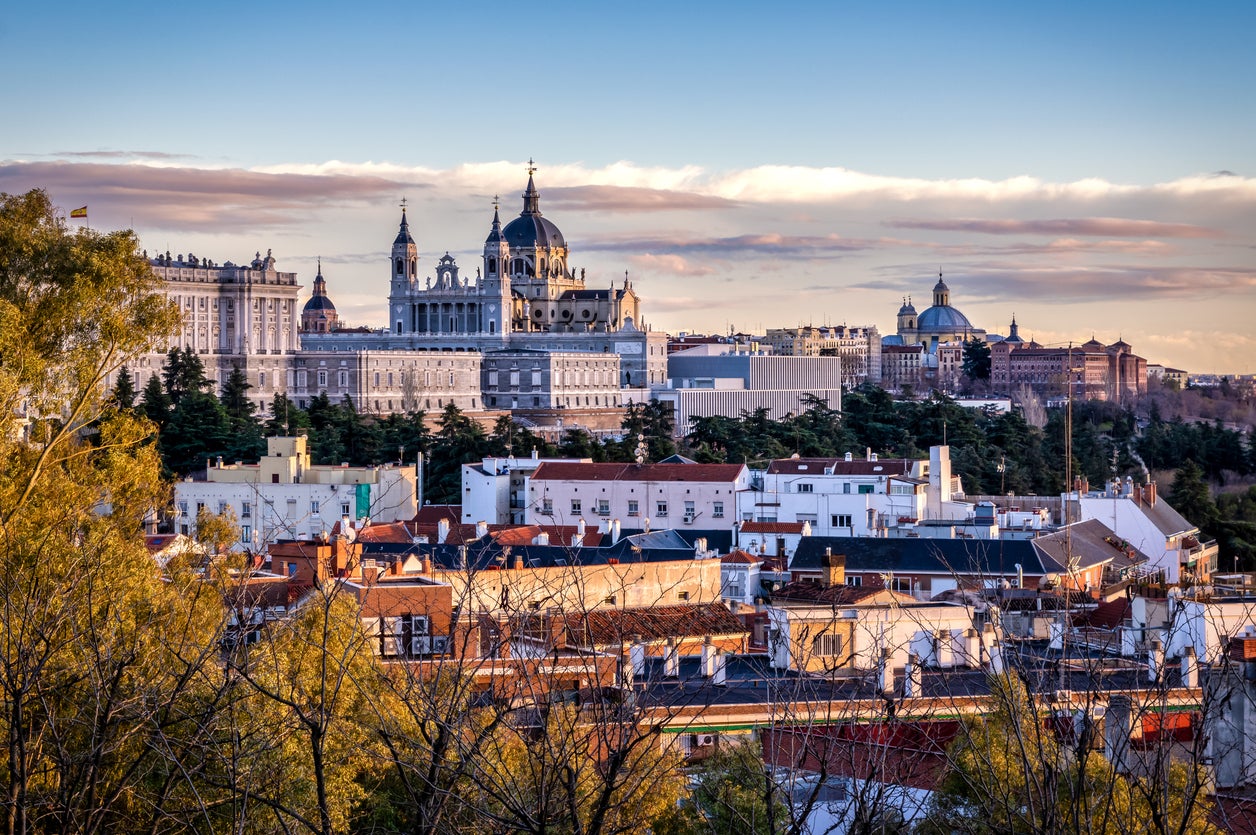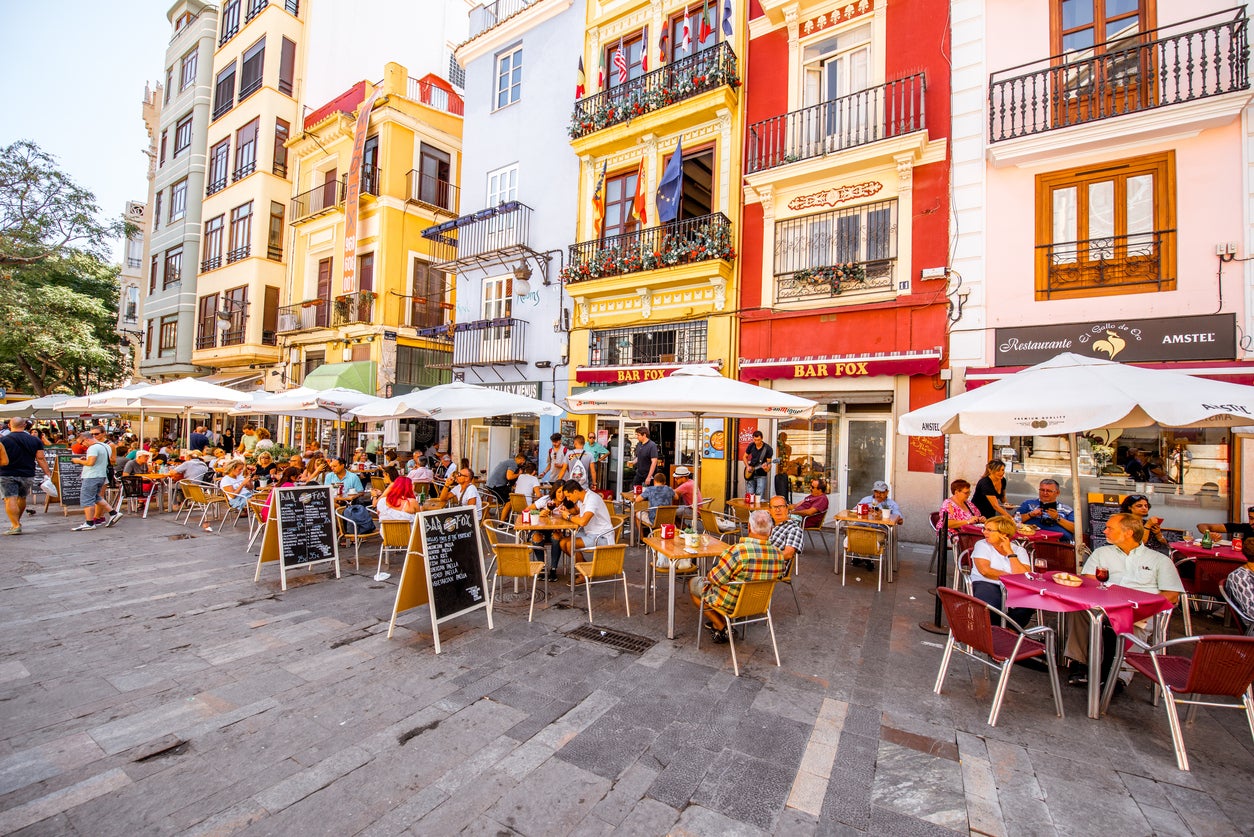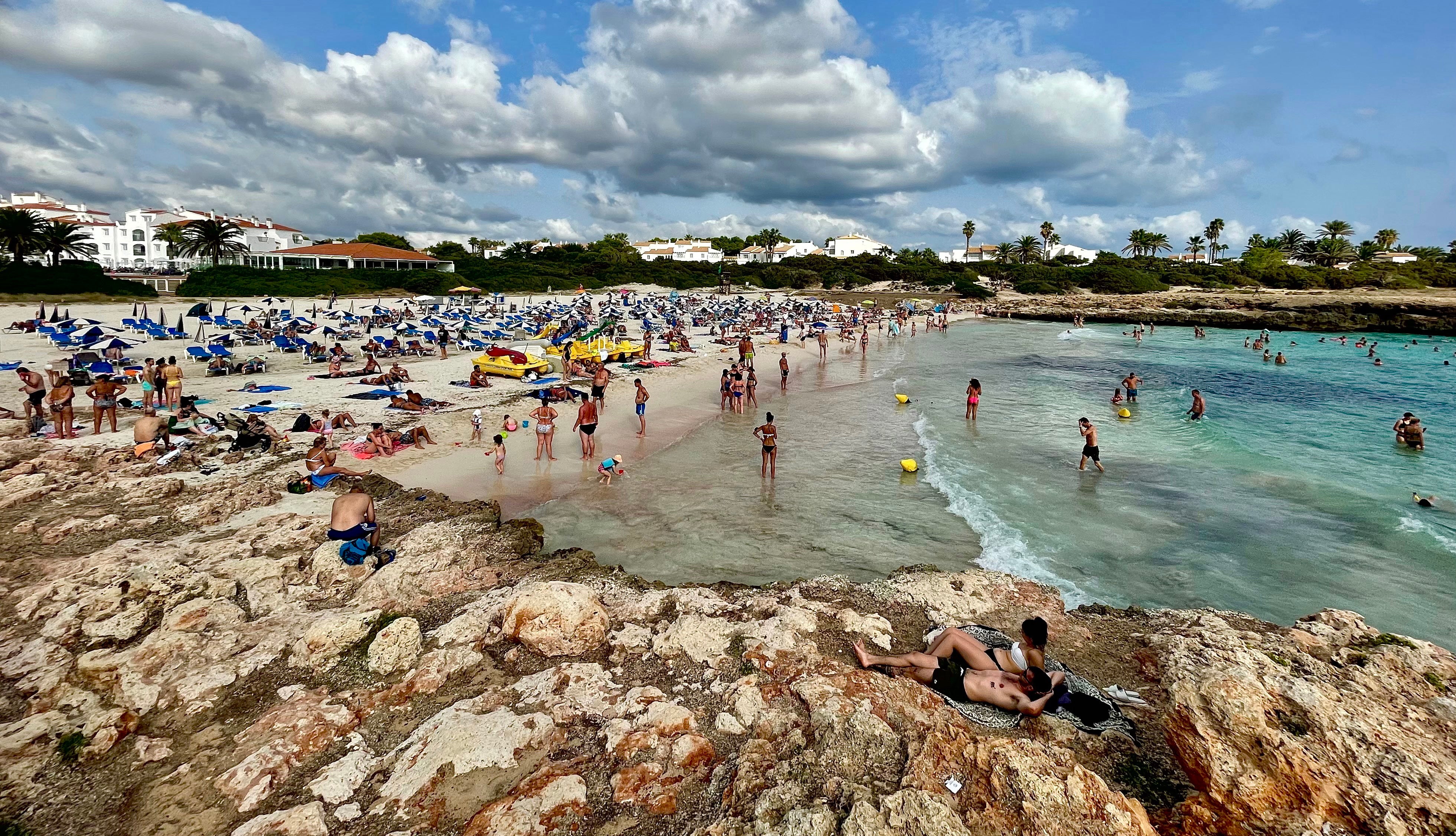Spain digital nomad visa: the new remote working hotspots
A new visa is paving the way for longer working holidays - so which Spanish remote working hub is right for you?

Your support helps us to tell the story
From reproductive rights to climate change to Big Tech, The Independent is on the ground when the story is developing. Whether it's investigating the financials of Elon Musk's pro-Trump PAC or producing our latest documentary, 'The A Word', which shines a light on the American women fighting for reproductive rights, we know how important it is to parse out the facts from the messaging.
At such a critical moment in US history, we need reporters on the ground. Your donation allows us to keep sending journalists to speak to both sides of the story.
The Independent is trusted by Americans across the entire political spectrum. And unlike many other quality news outlets, we choose not to lock Americans out of our reporting and analysis with paywalls. We believe quality journalism should be available to everyone, paid for by those who can afford it.
Your support makes all the difference.Spain’s plans for a digital nomad visa are expected to be announced in the next couple of months.
“The digital nomad visa will attract and retain international and national talents by helping remote workers and digital nomads set up in Spain,” the Ministry of Economy has said.
As part of the country’s recent Startup Act, foreign nationals working remotely for non-Spanish companies will be permitted to live in the country without needing a full work visa.
The draft law for the visa must now go to parliament, where it needs a majority to be passed - this could take until spring, according to legal sources.
Once it’s available - assuming you meet government-set criteria - the visa is expected to allow people to spend between six and 12 months living and working in Spain without the right to residency, with up to two further extensions allowed.
The rules for stays in Spain have been much tighter since the Brexit transition period ended - Britons are only allowed to stay for 90 days visa-free within any 180 day period.
If you’re a freelancer, fully employed or make at least 80 per cent of your income from companies outside of Spain, this could be a golden opportunity to live and work in our sunnier European neighbour - at least some of the time.
So which parts of the UK’s favourite holiday destination are set to become the new digital nomad hubs?
Madrid

Spain’s equivalent of the Big Apple has an understandable allure for young professionals looking to head out on the road. A cutting-edge food scene, world-class shopping, fabulous rental apartments and late-late nightlife make it one of the most exciting places to live and work in Spain. It’s also brilliantly connected to the rest of the country - meaning less than two hours to the beach in Alicante on weekends, via the nifty high-speed AVE train.
Andalucia
This rustic, olive-tree-studded region is a favourite for its southerly position and year-round mild weather. On top of this, it has plenty of pretty fincas (zhushed-up farmhouses) to stay at - either as nomad-friendly guesthouses or whole private rentals. Seville’s quaint, medieval city centre is an atmospheric place to decamp with your laptop - affordable rental flats start at about £165 a night. But you’d be missing out if you didn’t get out into the foodie, rustic-luxe countryside - try Finca Buenvino near Aracena or Cortijo del Marques near Granada for a rural treat with poolside breaks.
Valencia

This city is increasingly on the Millennial hit list due to its mix of urban fun and beachfront chill. Chic little coworking spaces compete with hipster cafes and bars for the digital nomad crowd’s attention; and when you slam that laptop closed, a wide, sandy beach is trimmed with restaurants selling cold beers and paella. It’s also cheaper to live in than Madrid or Barcelona, and arguably has the best scope for your leisure time - be it in the city’s numerous green spaces or the beaches of the Costa Blanca.
Barcelona
Understandably, many will be most attracted to Spain’s top-billed tourist city. Another beach-blessed metropolis, it has historic tapas bars and bucket-list sights to add to its stylish rental apartments and nomad-friendly cafe culture. But it’s pricier than some other options, and you can expect a few cruise ships’ worth of tourists pouring in as the cruise market begins to recover. The big draw here is the Catalonian capital’s international population - you’ll meet people from all over the world (great for networking). A buzzy social scene also helps you blend in and learn the language: try Poblenou or Gracia for a fun, youthful neighbourhood vibe.
Menorca

Don’t forget Spain’s sultry Balearic islands. Mallorca and Ibiza might be better known for holidays, but there’s a subtle and stylish expat scene on smaller Menorca. You’ll likely pay a bit more here as accommodation options aren’t as dense as in the cities, but you get a good mix of historic ports and rural beauty for your buck. Main town Mahon has raved-about seafood restaurants, sea views and stylish lofts to rent from around £110 a night.
Read More: Best hotels in Tenerife
Join our commenting forum
Join thought-provoking conversations, follow other Independent readers and see their replies
Comments